To provide the best experiences, we use technologies like cookies to store and/or access device information. Consenting to these technologies will allow us to process data such as browsing behaviour or unique IDs on this site. Not consenting or withdrawing consent, may adversely affect certain features and functions.
The technical storage or access is strictly necessary for the legitimate purpose of enabling the use of a specific service explicitly requested by the subscriber or user, or for the sole purpose of carrying out the transmission of a communication over an electronic communications network.
The technical storage or access is necessary for the legitimate purpose of storing preferences that are not requested by the subscriber or user.
The technical storage or access that is used exclusively for statistical purposes.
The technical storage or access that is used exclusively for anonymous statistical purposes. Without a subpoena, voluntary compliance on the part of your Internet Service Provider, or additional records from a third party, information stored or retrieved for this purpose alone cannot usually be used to identify you.
The technical storage or access is required to create user profiles to send advertising, or to track the user on a website or across several websites for similar marketing purposes.
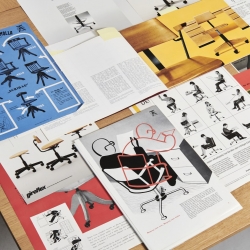 A seminar and exhibition at the upcoming Clerkenwell Open will explore the 150 year history of one of the most iconic and ground-breaking office furniture firms in the world – Giroflex. Now part of global furniture pioneer Flokk, the event gives people the chance to explore the historical context of the development of ergonomic seating as well as a chance to see current developments, including a first chance to see the firm’s new G40 range, pictured below. (more…)
A seminar and exhibition at the upcoming Clerkenwell Open will explore the 150 year history of one of the most iconic and ground-breaking office furniture firms in the world – Giroflex. Now part of global furniture pioneer Flokk, the event gives people the chance to explore the historical context of the development of ergonomic seating as well as a chance to see current developments, including a first chance to see the firm’s new G40 range, pictured below. (more…)






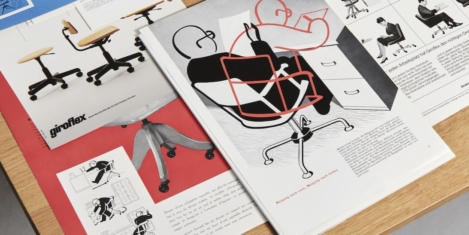
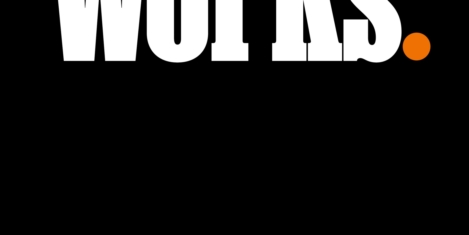
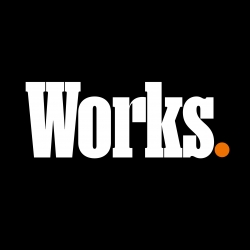
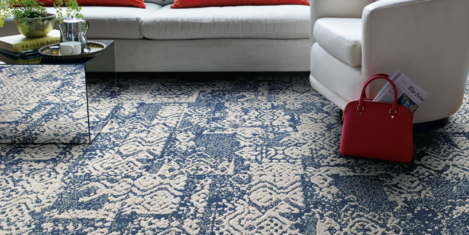
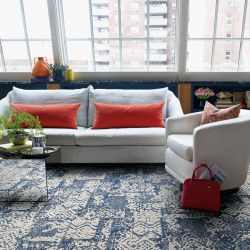

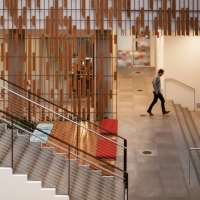




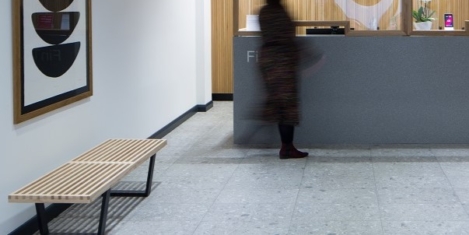
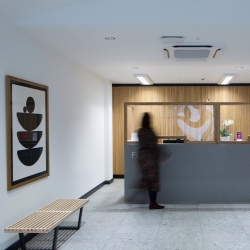


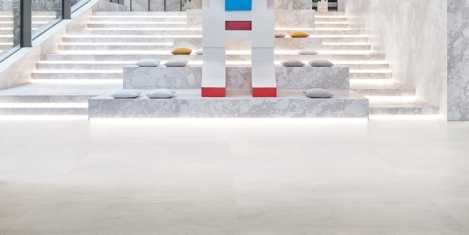
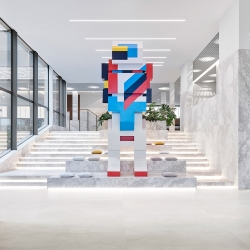
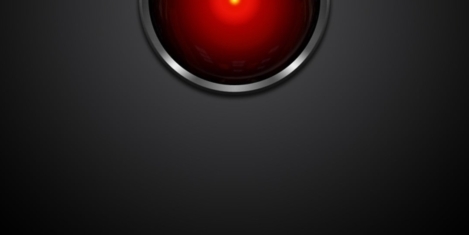
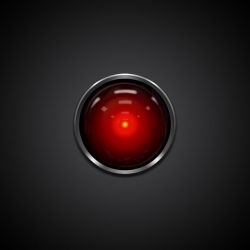

 With McKinsey & Company reporting that businesses with more diverse teams —whether that’s racially, socio economically or educationally— are 35 percent more profitable than organisations that are not, tech start-up
With McKinsey & Company reporting that businesses with more diverse teams —whether that’s racially, socio economically or educationally— are 35 percent more profitable than organisations that are not, tech start-up 








August 26, 2022
Automation presents some legal risks you really need to address
by James Crayton and Luke Jackson • Comment, Technology